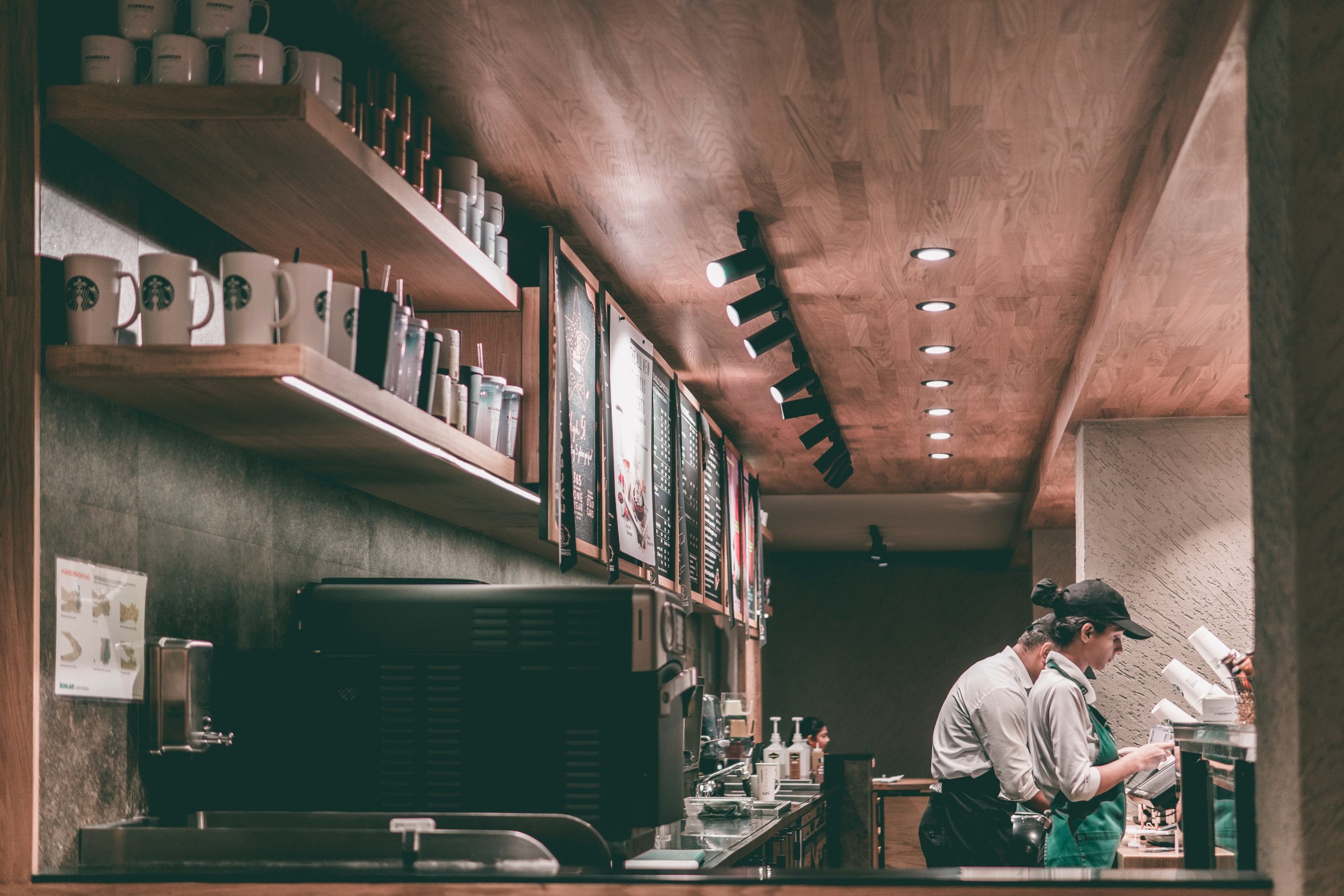
August 15, 2022
How a Digitally-Native Small Business Retailer Engages & Sells: Q&A with Michael Wieder, Co-Founder, President and CMO of Lalo
We wanted to better understand how a digitally-native small business retailer engages customers and sells its products, its use of cutting-edge technology, and how new tech legislation being considered by Congress might affect such a business. We interviewed Michael Wieder, Co-Founder, President & CMO of Lalo, who our Editor In Chief, Mark Drapeau, recently hosted on a panel discussion about “store optimization” at the GROW NY conference in New York City. You can follow Michael on Twitter @mwieder.
Lalo makes and sells baby and toddler products; “the modern baby and toddler brand,” as you say. Lalo was founded in Spring 2019 by yourself and Gregory Davidson. Could you tell us more about your business? How do you think about a “streamlined experience” for customers and what do you think has attracted so many parents to your brand?
We make baby and toddler products that parents are proud to own. When we set out to start Lalo we really started with the customer, whereas so many companies in our space start with a product. We wanted to solve the relationship parents have with the brands they choose for their little ones. A big part of this was making sure we had best-in-class customer service and a thoughtful shopping experience.
DCI’s recent research report called Super Selling found small business retailers typically sell their products through a handful of methods, ranging from brick and mortar retail and wholesaling to online marketplaces, web stores, and other methods.
Can you tell us a little more about which sales methods Lalo uses and why? Do you have any plans to expand these sales methods or do you feel you’re currently using what works best for your products and customers?
Right now, we have three core channels. Direct-to-Consumer (DTC) online (meetlalo.com), Lalo-owned retail (flagship store in NYC) and wholesale driven primarily by baby registry demand, our biggest partner being Babylist.
Lalo was founded on the belief that the job of parenting should be more important than the task of shopping for it. How do you think your online shopping experience has been enhanced by your recent addition of augmented reality (AR) technology, and what inspired Lalo to add this feature? To what extent do you think of Lalo as a “tech company” that not only retails but also innovates and invents?
We are constantly evaluating this experience and it starts from the second they land on our site and continues through opening their package. We want people to really understand the products before they buy them because so many parents are shopping for these items for the first time.
We recently launched A/R on our core product pages to allow customers to see what a product looks like in their home when they select “view in your space.” We feel this feature will enhance expecting parents’ nesting period (i.e., the stage of pregnancy where parents feel an urge to prepare for their baby’s arrival) and get them excited about welcoming their little one with Lalo products that will support them.
Two economists recently wrote a white paper about how legislation from Congress meant to regulate large tech platforms would have side effects on startups and innovative small businesses. On page 4, they used an example in which a retailer “invented the best augmented reality (AR) app for helping people shop for furniture,” which was dependent in part on the app stores, SDKs, and APIs.
As it happens, you’ve actually done this. A conclusion of the paper is that the legislation would have secondary effects that include making it harder for a business like Lalo to make something like an AR app because the platforms would be less integrated in certain ways, which would be expected to increase costs and complexity and increase development time. If the legislation passed, how do you think that would practically impact your business?
I am actually not so focused on it. I think there are the same core business fundamentals that make businesses thrive. Deliver great service, make a great product, and treat every customer with humanity. If you focus on these things, the rest becomes easy. You can navigate any business roadblock because you’ve now generated real demand.
Lastly, what’s the most exciting thing Lalo has going on right now that we can tell our readers about?
We have so many new products coming down the pike. We’ve been listening to our customers intently. Our last survey of customers generated 95 individual products they want to see us make – and that doesn’t even include new colors of existing products. We also recently launched a collaboration with West Elm which will continue to further our message of creating timeless designs for family homes.
This is the first Q&A DCI is publishing on the topic of Digitally-Native and Digitally-Enabled Small Businesses, which serves to inform and engage policy and business stakeholders who develop legislation that may uniquely impact this type of small businesses. For a PDF version of this Q&A, please see here.

